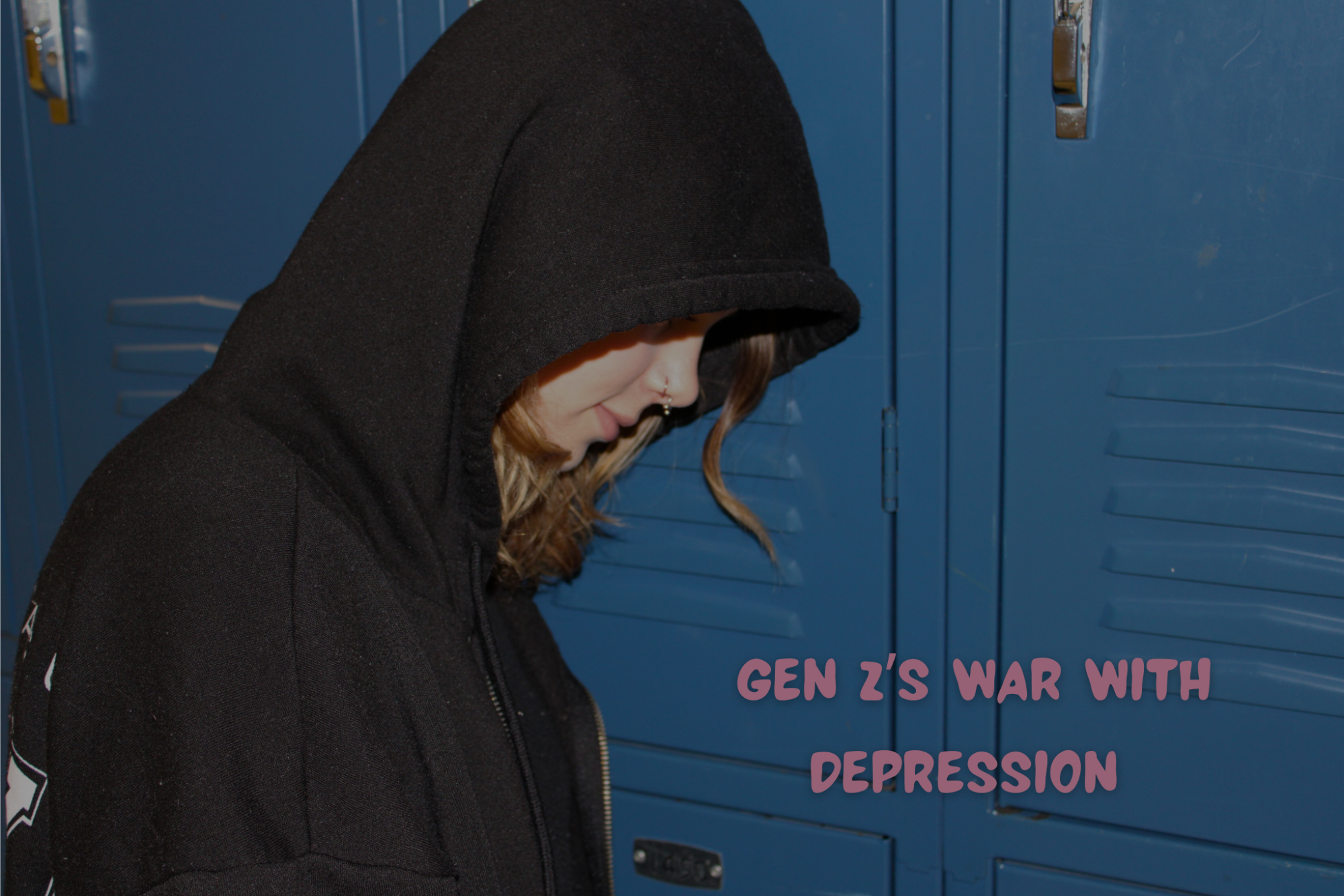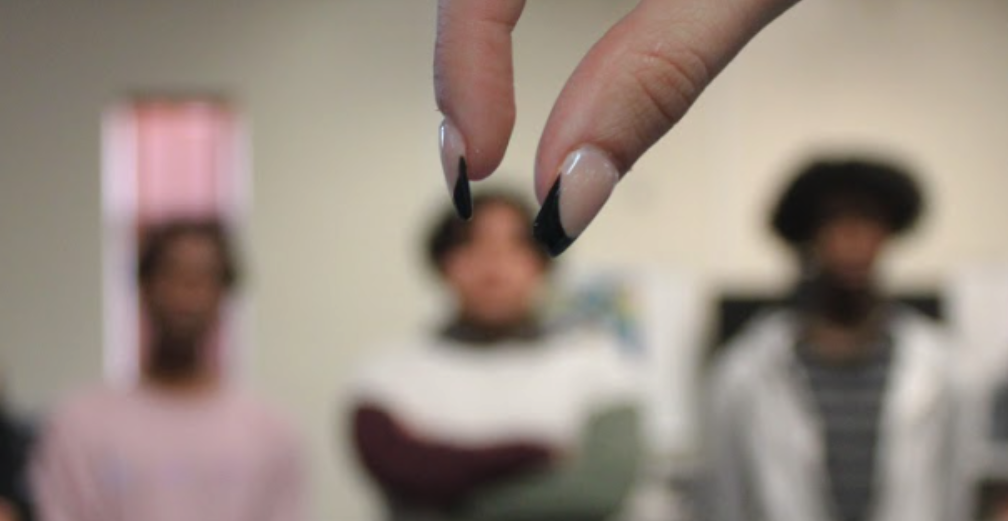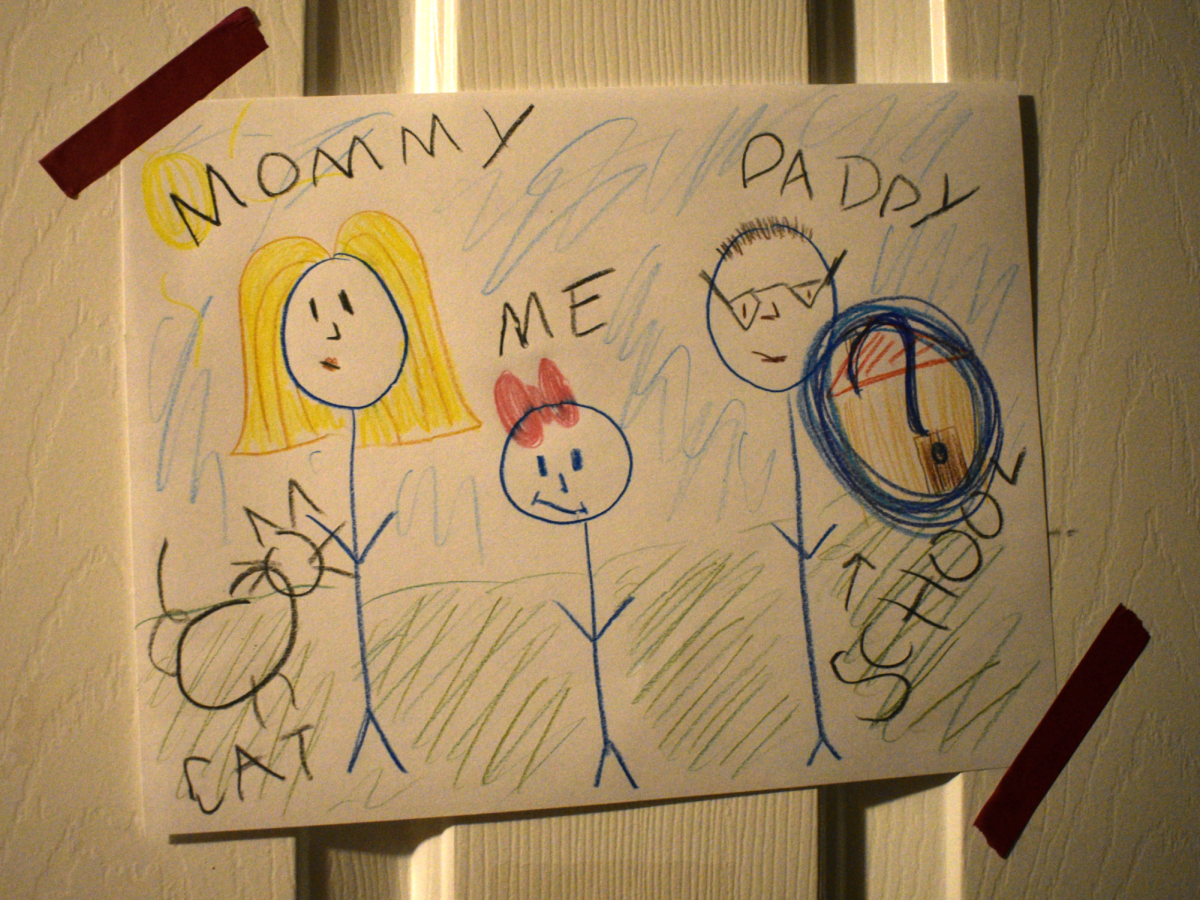Perhaps one of the most well-known forms of mental illness, depression affects millions across the globe. Out of these millions, a disproportionate quantity of teens and young adults report experiencing the disorder in comparison to older generations. Depression can affect anyone from toddlers to seniors, but symptoms differ from person to person. Depression in teens and young adults connects to loneliness, social media and technology, education, parental strategies, future planning and hormones, along with multitudes of comparatively niche causes.
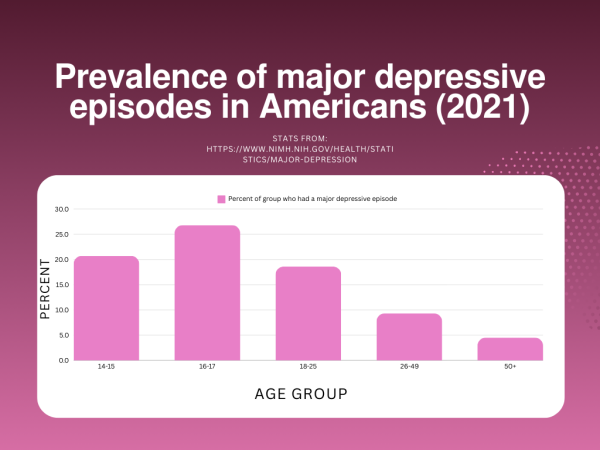
As the world around teens turns, young people struggle to make do, caught up in the endless spins. Following the pandemic, loneliness skyrocketed. Approximately 1 in 4 young people feel lonely. This intense concentration of loneliness strongly differs from elders, with only 17% of people over 65 feeling the same levels of loneliness. The impact of this loneliness on people amasses suffering, particularly concerning mental health. This manifests commonly as depression, although researchers also tie it to sleep loss, anxiety and even poor physical health. In one study, over half of participants who experienced loneliness also experienced depression compared to a mere 5% of people who did not feel lonely and experienced depression. Youth ought to be filled with a smiling community, but all too often, the community sighs and slips away.
“I have had friends that struggle with mental health issues. I think a lot of what triggers it is stuff at home and pressure from school is a big trigger for mental health that I see in my friends. I honestly struggle with my own mental health sometimes and I always try to think positive thoughts and [not] let it consume me,” sophomore Caitlin Heeralal said.
Scientists connect social media to depression time and time again. Bullying and discrimination run rampant, influencers contribute to unrealistic body standards and addictive algorithms give rise to extended amounts of time spent on these platforms. These issues perhaps register as supremely concentrated on TikTok and Instagram. The impact of bullying or discrimination that takes place on social media appears comparatively obvious to other problems. According to one study, young people who experienced cyberbullying experienced a 2.07 times higher likelihood to sustain depression symptoms than those who did not. In addition, unrealistic body standards, already present in society but worsened by social media, contribute to depression in young people; inversely, depression increases the risk of eating disorders. These aspects, among others, accumulate in the addictive algorithms prominent in social media, which stimulate dopamine pathways to an unhealthy degree. These contribute to increased time spent on the apps, increasing the social and physical comparison already addressed.
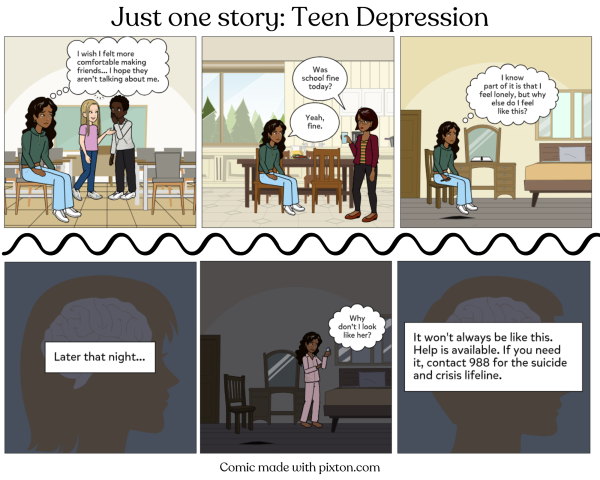
“This is a complex answer with many factors, but the simplest reasons are these: the advent of the iPhone in 2007, and the decline in the number of children per family and a concomitant rise in ‘helicopter parenting.’ The phone can produce depression just from what’s on it, for example, bullying, seeing tons of people you think are more perfect than you and a general addictive pattern of behavior where there is constant checking of status on the phone and a fear of missing out on something important going on. But perhaps even more importantly, because teens spend so much time on their phones, they miss out on activities that make them happy, for example, clubs, sports, time in nature and face-to-face conversation,” West Georgia University’s Professor of Psychology James Dillon, Ph.D. said.
In recent years, the growth of helicopter parenting has taken a toll on the mental health of children and young people. The American Psychological Association suggests that parenting strategies that include over-controlling can cause negative emotional well-being in children. This subpar emotional well-being can follow children into their teenage years, which tends to reflect an increased risk of anxiety and depression.
“Helicopter parenting generally produces low self-esteem, lack of resilience and inner resources, an exaggerated sense of danger and an external locus of control. Each of these things is highly associated with depression. I would think a [ideal] home [would be one] where there was a sense of larger purpose in life and engagement in regular rituals to celebrate that larger purpose [religion or spirituality],” Dillon said.
Outside of the household, education additionally places a historically unprecedented burden on young people. As college admission rates continue to drop, prices increase and wages stagnate, students worry about their futures. To boot, social and academic pressures innate in high school and college contribute to depression. One example includes a phenomenon known as college rejection depression, in which teens not admitted to their dream schools suffer from insecurity and low self-worth. Additionally, a four-year college in the U.S. costs roughly $146,000, including on-campus living and other fees. The burdens incurred by loans, frequently necessary for the youth to make ends meet, weigh financially and emotionally on young people.
Of course, older people needed to pay for college and faced rejection from schools as well. However, adjusted for inflation, tuition and fees have increased 130% since 1990. Admissions rates to competitive universities have also decreased since 1995, with Harvard’s rate dropping from 11.8% to a measly 4.92% in under 30 years. These numbers take a toll on younger people that their elders simply cannot fully empathize with.
Teens and young adults perceive a bleak economic and political future ahead of them. Considering that housing costs since 1970 have outpaced inflation rates by almost 1000% and inflation has slashed the effective pay of minimum wage workers by about 40%, young people’s financial concerns understandably worry them. Similarly, recent government decisions intensely anger the comparatively liberal generation, with the attack on abortion rights and climate negligence, among other conservative law-making decisions. These factors contribute to young people’s worry for their futures, as they consider their dwindling opportunities for economic success, family planning and safety. Feelings of hopelessness, so common in the young people of the modern age, do increase the risk of depression. This combined with previously discussed factors can make Generation Z’s experience with depression appear inevitable.
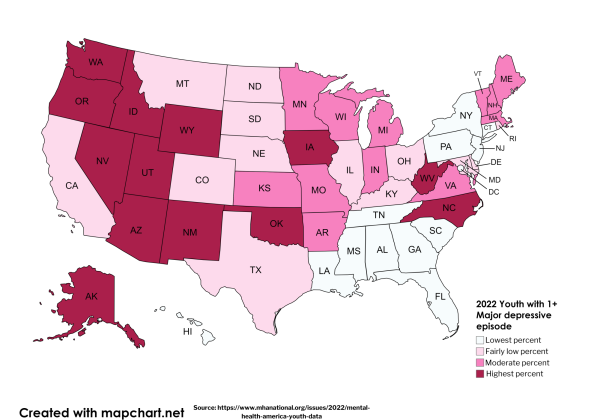
The needs of teens, particularly those with responsibilities outside of on-level education, frequently become overlooked. Between home, work, school, social lives and other unique activities, student’s capacity for sleep can suffer limitations. Certain medical journals have linked sleep deprivation to depression, which raises worries considering around 70% of teens in America lack sufficient sleep. Beyond the issue of sleep, eating habits also can affect depressive symptoms, as veggie and fruit-heavy diets tend to decrease the risk of depression; ‘junk food’ creates the opposite effect. Teens and young adults tend to prefer ‘junk food’ as snacks and meals. Although the ability to enjoy these foods without feelings of shame reflects healthy eating habits, disproportionate consumption of ‘junk food,’ so common in the age group, can harm mental health. According to one study, teens eat only approximately half of food groups regularly, with nutrient-dense ones comparatively lacking.
Teens have always suffered hormonal changes, but the question as to whether society has put appropriate structures in place to support them strongly influences the effects of these changes. Teen girls experience symptoms of depression around three times more often than boys of the same age. Depression in teen girls runs rampant as they begin to operate in the world while others start to perceive them sexually, they deal with the problems and discomfort caused by periods and they handle emotions inevitably with fluctuating hormones. Considering that the typical 9-5 schedule favors male hormone cycles, which reset daily, women’s month-long cycles set them at a disadvantage. One Mayo Clinic article suggests that girls develop depression earlier than boys because they reach puberty before males. This leads to a gender gap that continues later in life. As teens and young women try to cope with this, emotional struggle can lead to depression. Taking steps to make boundaries with work or school and eating the types of food that will assist in hormone balance can assist in coping with these issues, despite their societal origin.
“Ways to recognize depression in teens and young adults is if the person consistently experiences sadness over several days, feelings of hopelessness, thoughts of I don’t want to be here anymore or I wish I could go to sleep and never wake up, constant fatigue, and lack of interest in things that would normally bring them joy. If these symptoms sound familiar the best thing for that person to do is to get support. Support in the shape of friends or family members that they trust or professionals like a counselor. Counseling helps to treat symptoms like this by helping the person to be able to develop a perspective that allows the depressive symptoms to be less intense and overwhelming and to develop healthy coping strategies,” Licensed Professional Counselor at Harvest Counseling Katie Toso said.
As the mental health crisis continues to take its toll on young people, they can take steps to prevent and solve any mental health issues they may experience. Seeking solace in friends, trying to maintain healthy habits, beginning therapy and engaging in mindfulness habits all can enable an individual to push through the disorder. Recognizing that although certain societal issues contribute to depression, the people in the society hold the power to tear down the problematic norms may also provide a sense of power over one’s mind. Regardless, depression defines no one, and through self-care, self-advocacy and political involvement, each cause can be in some way struck down. Younger and older people alike should look for signs of depression in loved ones and themselves, and act early to broach the topic. The fact that they care can protect someone from spiraling into his or her thoughts.


